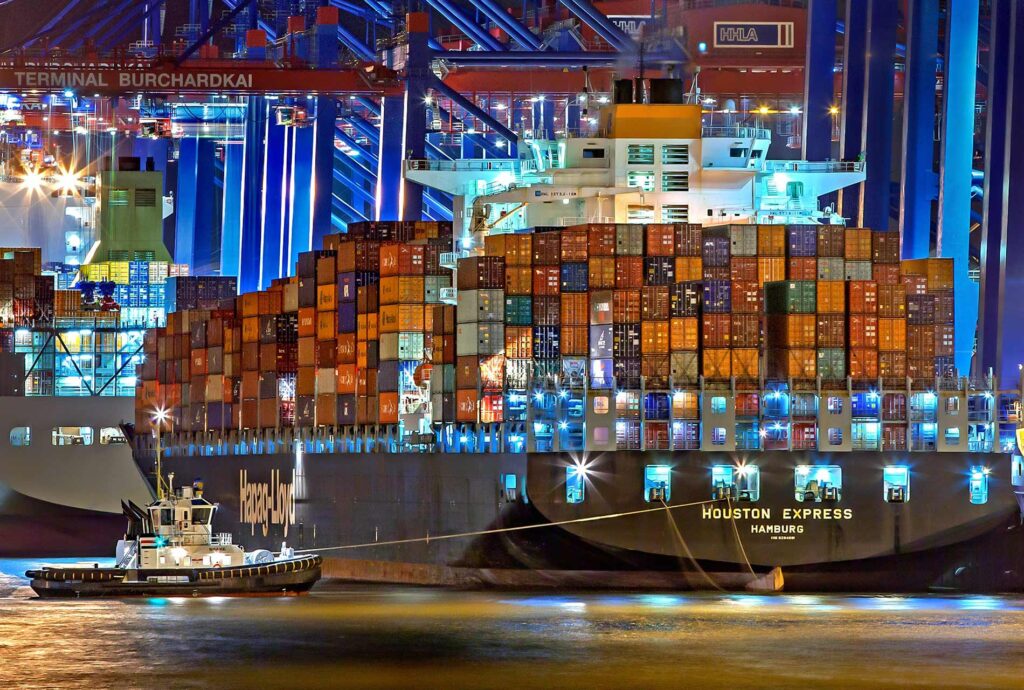What You Don’t Know Can Hurt You When Entering Foreign Markets

As the U.S. economy becomes increasingly global, small and mid-sized businesses are looking to foreign markets more and more often to expand their markets. According to the most recent data released in April by the U.S. Census Bureau, over 98% of American companies exporting products abroad are small and mid-sized companies, and those companies account for one third of annual exports. While expanding the business into foreign markets can be a boon for a company’s bottom line, it also presents a host of management challenges.
American businesses are subject to a complex web of U.S. laws and regulations that govern many aspects of doing business overseas. Just at the Federal level, there are rules governing exporting a wide variety of products and technologies, rules governing the countries and individuals that Americans can do business with, and rules prohibiting overseas bribery. Small business owners and managers looking at foreign markets for the first time are often unfamiliar with these rules or how the rules apply to their business, or even unaware that the rules exist. While tackling these issues can seem to be a daunting task, one rule of thumb should guide business owners in all industries: What you don’t know can hurt you.
U.S. Export Controls
The U.S. Government regulates the exportation of equipment, software, and technology deemed sensitive for national security or foreign policy reasons. Many of the items and equipment covered by these regulations are so-called “dual-use” items that have both military and civilian uses. Currently, there are three different Federal agencies involved in the export control regime: the Department of State, Department of Commerce, and the Treasury. There are Federal initiatives underway to consolidate the export control regime in a single agency, but there is no telling when such a change will happen.
The most significant source of export rules is the Arms Export Control Act (AECA), which is implemented by the Department of State through the International Traffic in Arms Regulations (ITAR). The ITAR covers military articles and technologies, but also covers many dual-use items. Companies that aren’t sure if their products or technologies fall within the ITAR can submit a Commodity Jurisdiction Request to the Directorate of Defense Trade Controls (DDTC) for a formal determination.
The Bureau of Industry and Security (BIS) within the Department of Commerce also regulates a wide variety of products pursuant to the Export Administration Regulations (EAR). The current index of items covered by the EAR, known as the Commerce Control List, is over 70 pages long and includes products from Acoustic Beacons to Zirconium metal.
U.S. Trade Embargoes and Sanctions Programs
The third Federal agency involved in controlling U.S. exports is the Treasury, which does so through its wider role enforcing the U.S.’s various trade embargoes and economic sanctions programs. Each U.S. sanctions program has its own rules. In general, U.S. companies are prohibited from doing business with individuals and entities that fall within one of the sanctions programs.
The U.S. has comprehensive sanctions programs covering Cuba, Iran, and Sudan. Limited programs apply to Burma (Myanmar), Ivory Coast (Cote d’Ivoire), North Korea, and Syria. Further programs apply to specific individuals and entities in Belarus, the Democratic Republic of the Congo, Iraq, Lebanon, Liberia, Libya, Ukraine, Somalia, the Western Balkans, Yemen, and Zimbabwe.
The U.S. also maintains a Specially Designated National List (SDN List) of individuals and companies covered by the sanctions programs mentioned above or believed to be involved in terrorism, narcotics trafficking, nuclear proliferation, or international crime. The SDN List is constantly updated.
Anti-Corruption
No area of international business has gotten more attention in the press in recent years than the U.S. Foreign Corrupt Practices Act (FCPA). In its most simple terms, the FCPA prohibits U.S. individuals and companies from paying bribes to officials of foreign governments in connection with their business. Both bribes paid directly and bribes paid through third parties are prohibited. The FCPA also requires publicly traded companies to maintain accurate books and records and internal controls. The FCPA grabbed local headlines when a subsidiary of Alcoa Inc. pled guilty in Pittsburgh in January for bribing foreign government officials. Alcoa also agreed to a $386 million settlement with U.S. authorities.
International Compliance
The key to navigating the myriad challenges presented by these rules is an effective compliance program. The DDTC and BIS strongly advise companies subject to U.S. export controls to develop a compliance program, and both agencies publish compliance program guidelines on their respective websites. The DOJ likewise released the second edition of A Resource Guide to the U.S. Foreign Corrupt Practices Act in November 2020. While the guides published by the U.S. authorities are useful, there is no one-size-fits-all approach to compliance.
When dealing with the challenges presented by international business, information is everything. A company that understands the law, critically analyzes the risks it faces, and takes a proactive approach to comply with the law is in the best position to avoid pitfalls and to deal with issues as they arise. Companies that expand into international business without considering these run the risk of finding out that what they don’t know, could hurt them.
Pittsburgh International Business Attorneys
The attorneys in our International Business Practice Group are available to answer your questions related to doing business in international markets. Please call our office at 724-776-8000 to arrange a consultation or submit our contact form and someone will follow up with you: Contact The Lynch Law Group.




